Indigenous voice to parliament yes campaigners told to stick to positive message
The Indigenous voice to parliament Yes campaign must spend less time countering the No side and more time on its own hopeful and positive message, declares Referendum Council co-chair Mark Leibler.
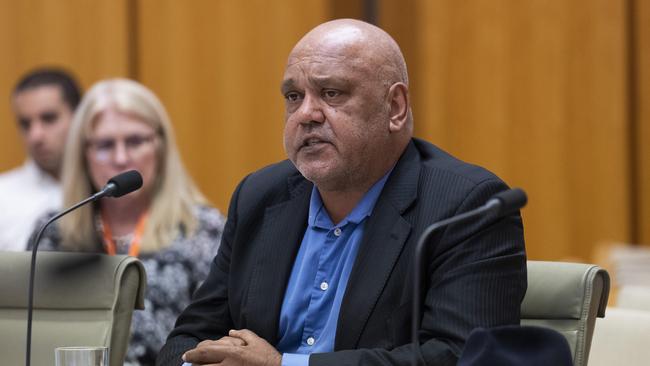
The campaign for the Indigenous voice to parliament must spend less time countering the lies of the No campaign and more time on its own hopeful and positive message, according to Referendum Council co-chair Mark Leibler.
Mr Leibler, who recommended a voice referendum as co-author of the final report of the Referendum Council in 2017, told The Australian on Monday: “There is too much emphasis on the voice and not enough emphasis on the voice being the chosen form of recognition.”
He made his remarks after Cape York leader Noel Pearson described the Yes campaign he helped devise as having “a lack of clarity that is really working against us”. Mr Pearson, a board member of Yes23, told the Sydney Morning Herald the Yes campaign must do more to make it clear recognising Indigenous people in the Constitution is the aim and the voice is the means to do it.
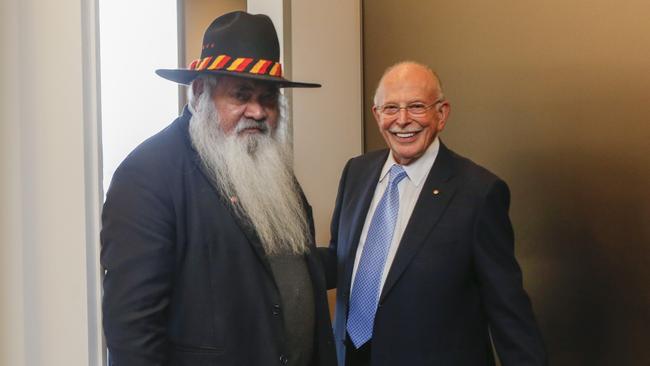
Mr Leibler shares this view because, after a lengthy and thorough process by the Referendum Council including a National Constitutional Convention at Uluru in 2017, it emerged that a voice was the only form of constitutional recognition acceptable to Aboriginal and Torres Strait Islander people. Mr Leibler said polling showed this remained the case for more than 86 per cent of Indigenous Australians.
“Noel is correctly making the point that the emphasis needs to be on recognition,” Mr Leibler said.
“The reason why the wrong emphasis is being put on it is because I think the Yes case has been, to some extent, cornered by some of the disinformation … it is a pitfall that needs to be avoided.
“If there is disinformation then it needs to be rebutted but I think what the campaign needs to do is less of the rebuttal and more of the positive message.”
How to deal with misinformation has become a serious challenge for Yes campaigners and the Albanese government. Indigenous Australians Minister Linda Burney has grown concerned about wild theories online but does not wish to give them a platform. She is putting strict limits on what she responds to.”
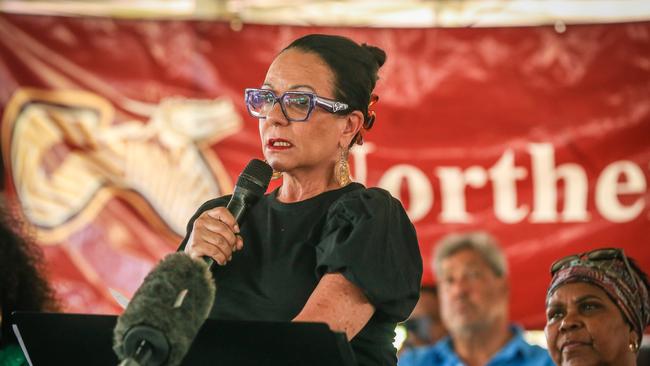
The Australian has been told Ms Burney will instead speak as often as she can about the potential for the voice to help governments make practical change.
This could involve reforming work-for-the-dole or building more houses on homelands where overcrowding is worst.
Yes23 has been holding back until after the Senate passes the Referendum Bill containing the question Australians will be asked this year. So far, it has released one advertisement about the fairness of recognising Indigenous people in the Constitution. That advertisement contains no spoken reference to the voice.
“Recognition through a voice” is a phrase ubiquitous in the Yes campaign. This is an accurate summary of what more than 1200 Indigenous people asked for in the 2017 Uluru Statement from the Heart. It is also central to the strategy Yes23 has embraced on advice from revered political strategist and Yes23 board member Mark Textor.
The emphasis on recognition allows Yes campaigners to evoke John Howard, an appealing figure to so many conservative Australians, because Mr Howard pledged in 2007 to recognise Aboriginal and Torres Strait Islander people in the Constitution. He did this after a crucial meeting with land rights giant Yunupingu but was unable to proceed because he lost the 2007 election.
Mr Leibler said the focus on the structure and functions of the proposed advisory body was a furphy, since every element of the voice would be decided by parliament and changed as needed.
“Everyone says they favour constitutional recognition,” he added.
“Well, if you favour constitutional recognition the only way of expressing that is through the voice because that is what Indigenous people asked for. You can’t recognise people in a way that is not acceptable to them.
“The critical thing here is that everything concerning the voice will be determined by the parliament.
“It is disingenuous to say people shouldn’t support the voice because ‘we don’t have the detail’ but the detail is not something that will be determined by the referendum. The only thing the referendum will determine is the voice’s existence. Almost every element of the voice will be settled by the parliament and parliament can change the way the voice operates at any time.”
On Monday, Danny Gilbert, the prominent lawyer who co-chairs Yes23 with screenwriter and filmmaker Rachel Perkins, described the campaign as being on the right path.
“As a board we have ongoing conversations about the message and the approach that will secure a positive result in the referendum,” Mr Gilbert said.
“Constitutional recognition is long overdue and the voice is the means sought and supported by Aboriginal and Torres Strait Islander people. We are buoyed by the ever-growing coalition of supporters. As the campaign moves into a new phase we are fully confident that we are on the right path to bringing Australians together to deliver a resounding ‘yes’.
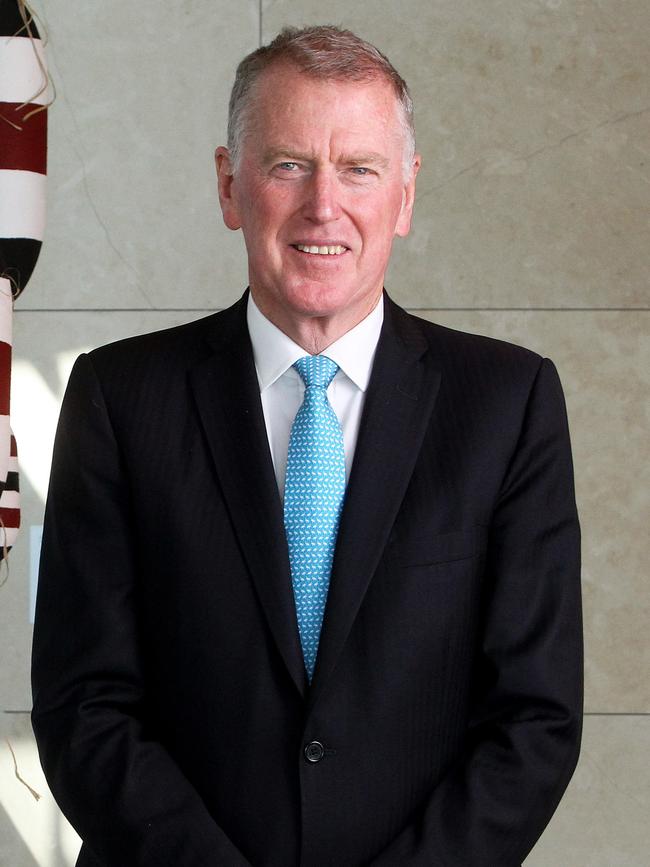
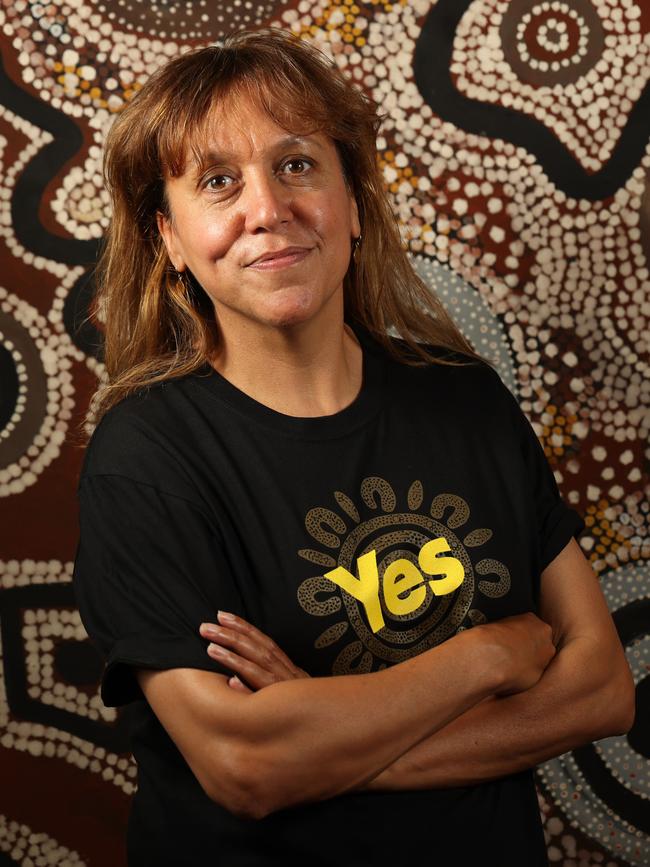
Yes23 has tens of millions of dollars in donations from the approximately 500 corporations and philanthropic organisations that support an Indigenous voice in the Constitution. On Friday, Rio Tinto announced it would contribute $2m.
The Australian has been told there is frustration inside the Yes campaign that its message has sometimes been crowded out of the pages of newspapers and lost in broadcast news reports about voice politics in Canberra. Campaigners are looking forward to July, when the Referendum Bill containing the voice question will have passed both houses of parliament. They believe once this happens, the debate will be in the hands of the people and what politicians say daily will be of less consequence and less relevance.
Mr Pearson’s own role in the campaign has also sometimes been a source of stress for the Yes camp. While grassroots campaigners for the voice have been travelling Australia, talking and answering questions in cities, regional centres and remote towns, Mr Pearson’s public denigration of those who do not agree with him has grabbed headlines and served as a distraction.
Mr Pearson acknowledged this was a mistake, telling the Herald that unity for the country was the Yes campaign’s strongest suit.


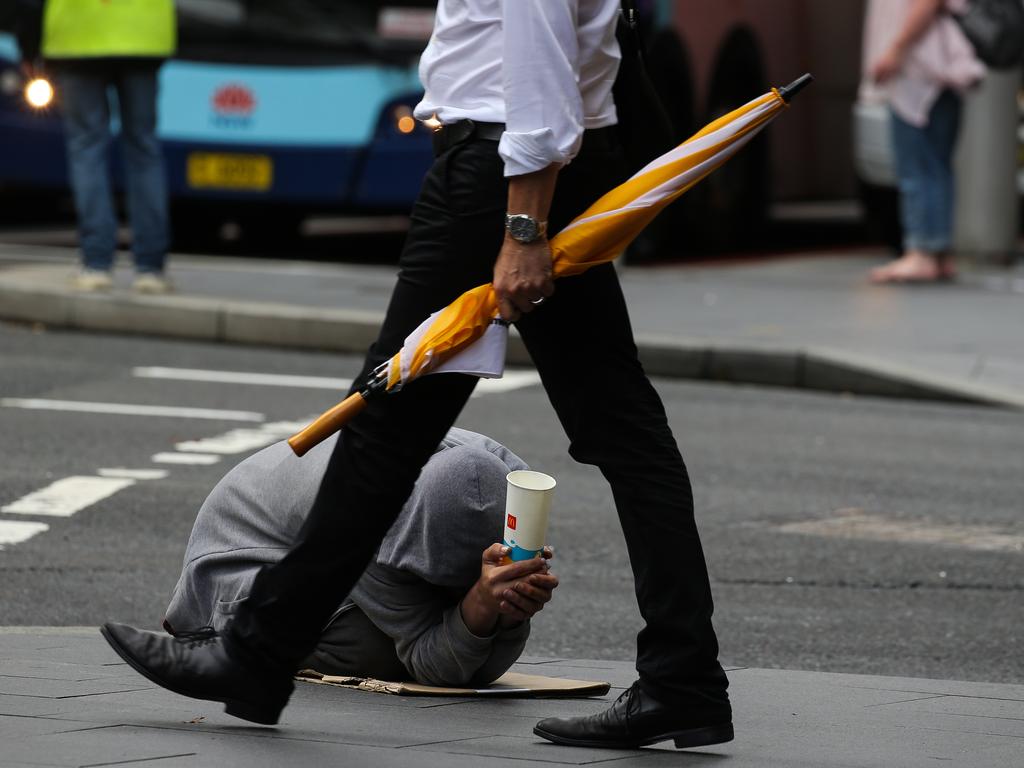
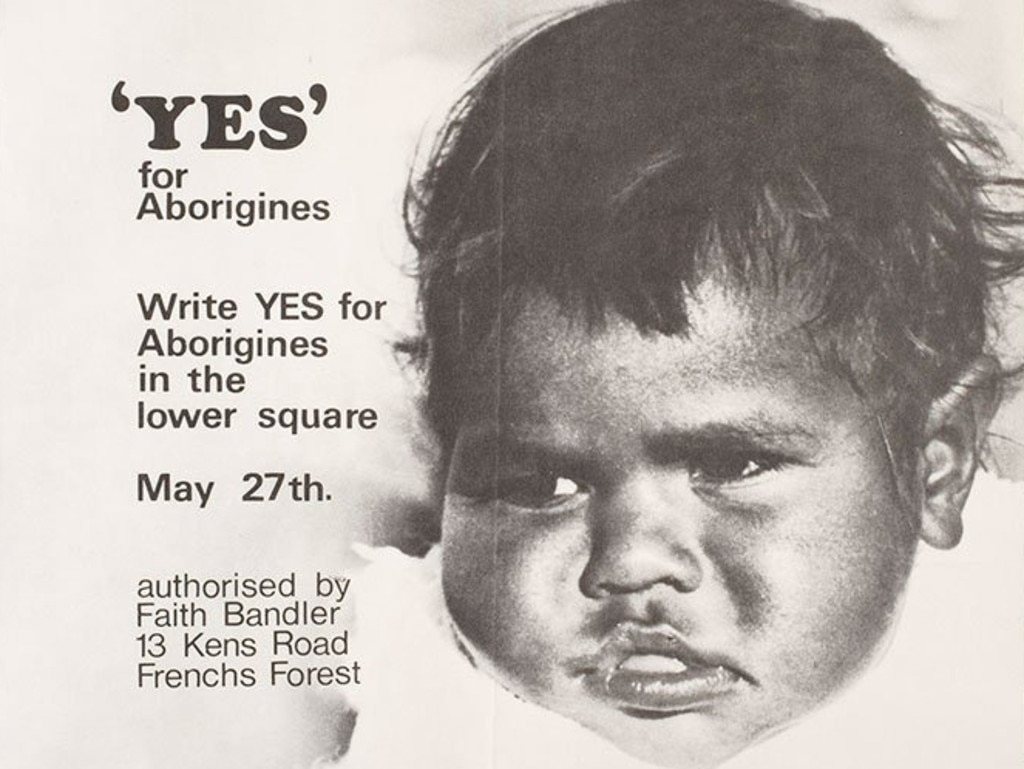

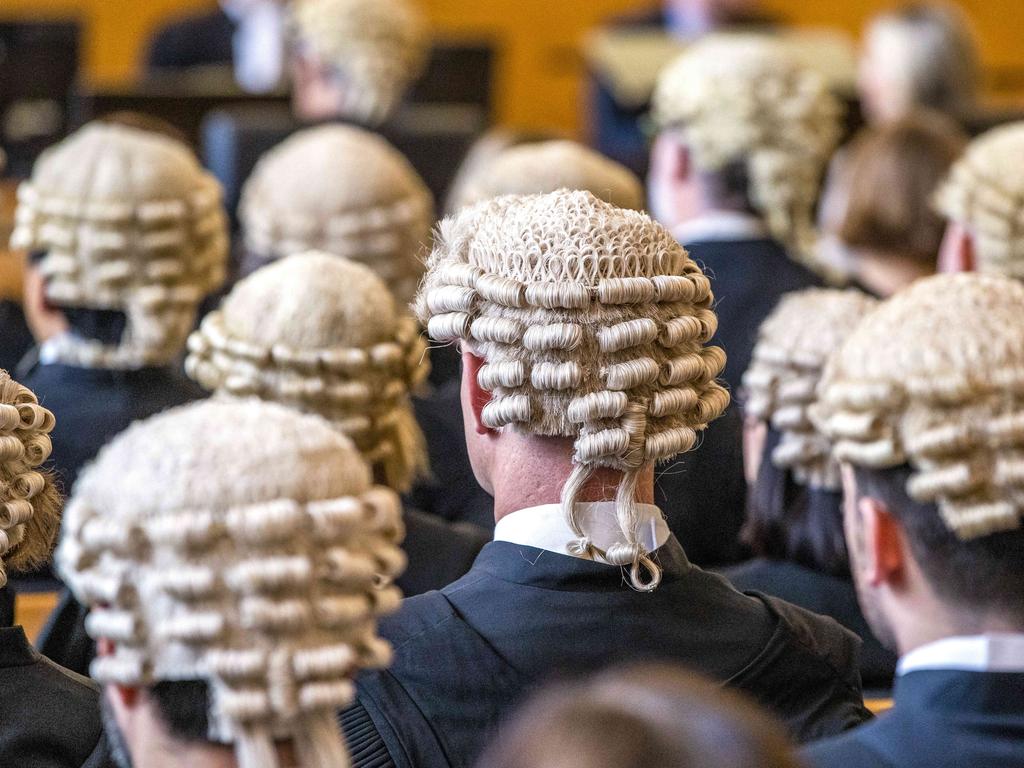


To join the conversation, please log in. Don't have an account? Register
Join the conversation, you are commenting as Logout